Battling Chicken Parasites: Effective Strategies

Emily ParkerChicken keeping is a rewarding experience, offering fresh eggs, natural pest control, and the joy of caring for these lively creatures. However, like all pets, chickens are susceptible to parasites, including mites, lice, fleas, and fowl ticks. These pests can cause discomfort, disease, and even death in your flock. In this article, we'll explore the common parasites that affect chickens, their signs, and treatments, and introduce ZiDtia Chicken Coops as a durable, easy-to-maintain solution to keep your flock healthy.
Understanding Chicken Parasites
Parasites in chickens can be broadly categorized into ectoparasites, such as mites, lice, and fleas, which live on the bird's body, and endoparasites like worms, which reside inside the host. Each parasite presents unique challenges to chicken health, requiring different strategies for management and prevention.
Mites: The Invisible Menace
Mites are among the most problematic parasites due to their small size and rapid reproduction rate. Signs of mite infestation include feather loss, decreased egg production, and restless behavior. Without treatment, mites can cause anemia and severe health issues. The Red Mite (Dermanyssus gallinae), Northern Fowl Mite (Ornithonyssus bursae), Scaly Leg Mite (Knemidocoptes mutans), and Depluming Mite (Knemidocoptes gallinae) are common varieties affecting chickens.
Lice and Fleas: Persistent Pests
Lice infestations peak in cooler months, causing irritation and stress in chickens. Fleas, though less common, pose significant health risks when outbreaks occur, leading to anemia and decreased egg production.
Fowl Tick: The Outdoor Hazard
Fowl ticks thrive in warm, dry environments, posing risks of disease transmission and general unwellness in chickens. Preventative measures and prompt treatment are essential for controlling these parasites.
The ZiDtia Coop Advantage
ZiDtia Chicken Coops, crafted from durable metal, offer a evolutionary approach to combating chicken parasites. Unlike traditional wooden coops, metal coops like ZiDtia's are easier to clean, disinfect, and maintain, significantly reducing the risk of parasite infestation.
Design Features of ZiDtia Coops
ZiDtia Chicken Coops are designed with chicken health in mind. Their metal construction prevents parasites from embedding and proliferating in cracks and crevices, common in wooden coops. The ease of cleaning and disinfecting metal surfaces ensures a healthier living environment for your chickens.
Preventative Measures and Treatments
Maintaining a ZiDtia Chicken Coop involves regular cleaning, disinfection, and monitoring for signs of parasites. In addition to physical coop maintenance, integrating natural and chemical treatments as needed can help keep your flock parasite-free.
Conclusion
Investing in a ZiDtia Chicken Coop is a proactive step towards ensuring the health and happiness of your chickens. By providing a secure, easy-to-maintain habitat, you can protect your flock from parasites and enjoy the many benefits of chicken keeping. With ZiDtia Chicken Coops, you can rest assured that your chickens are housed in a structure designed for their wellbeing, making chicken parasites a manageable concern.
No comments

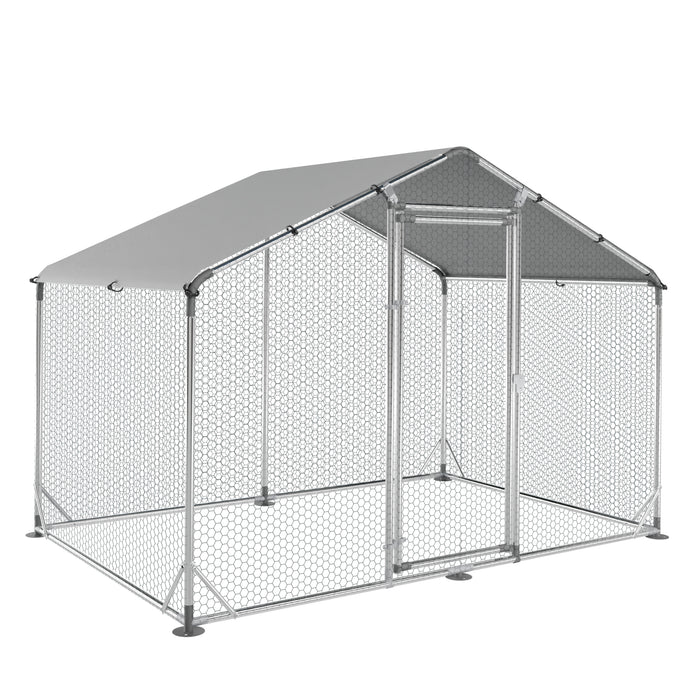





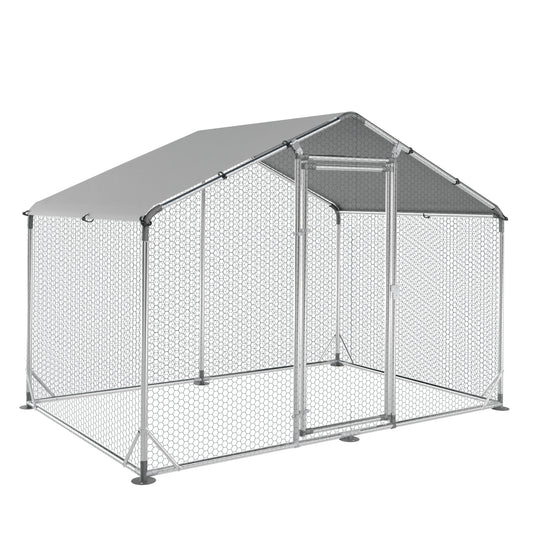
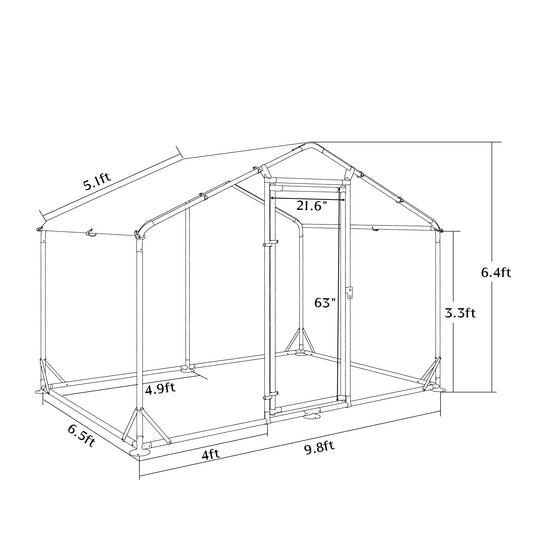
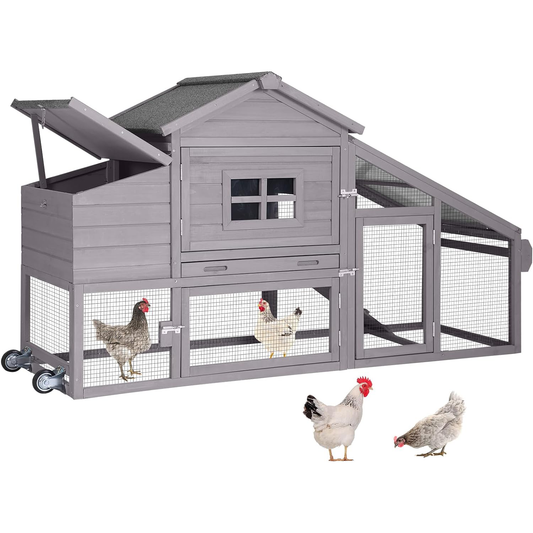

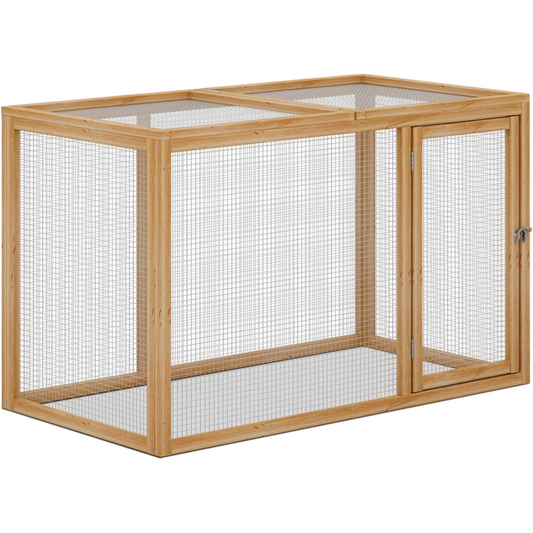
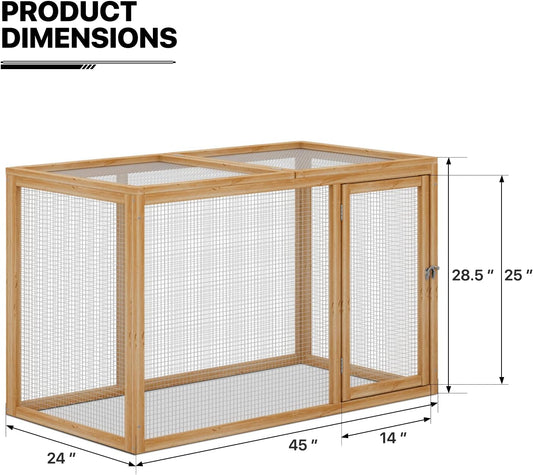
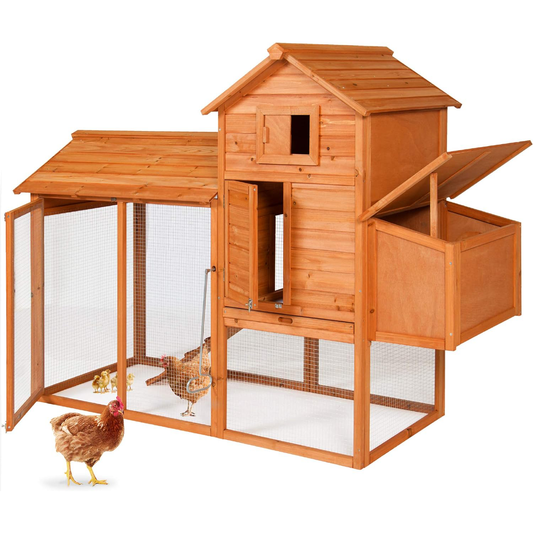
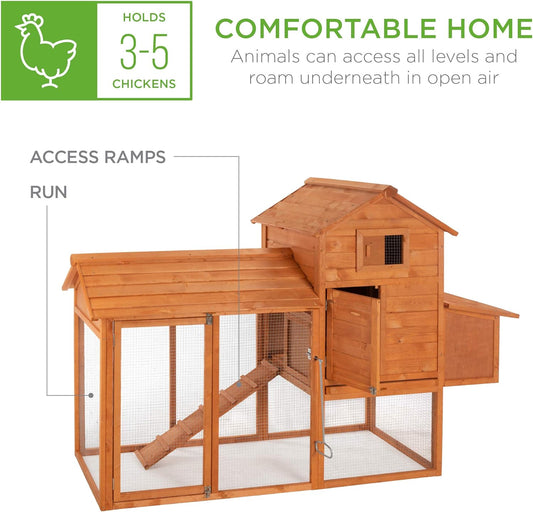
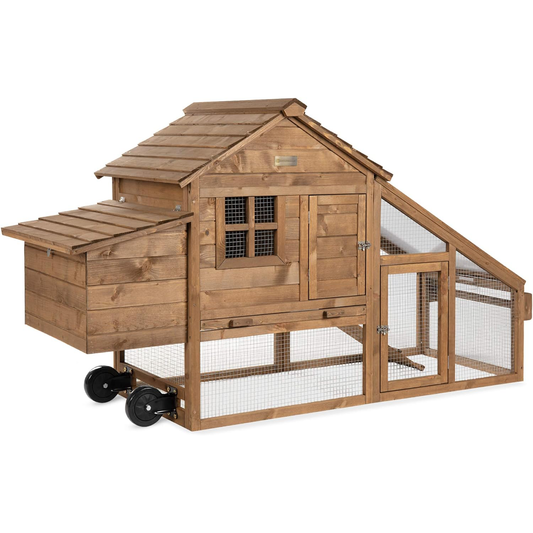
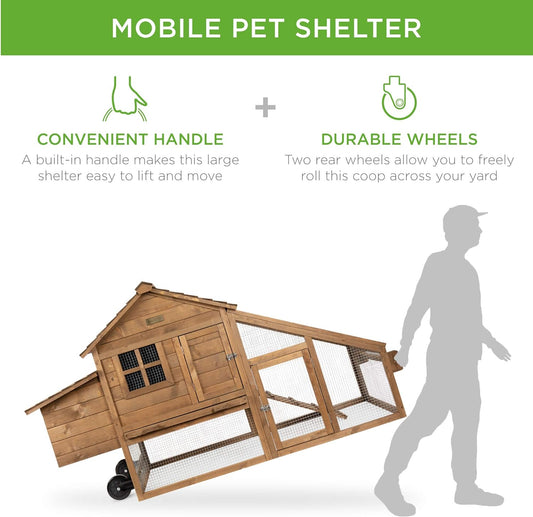



0 comments